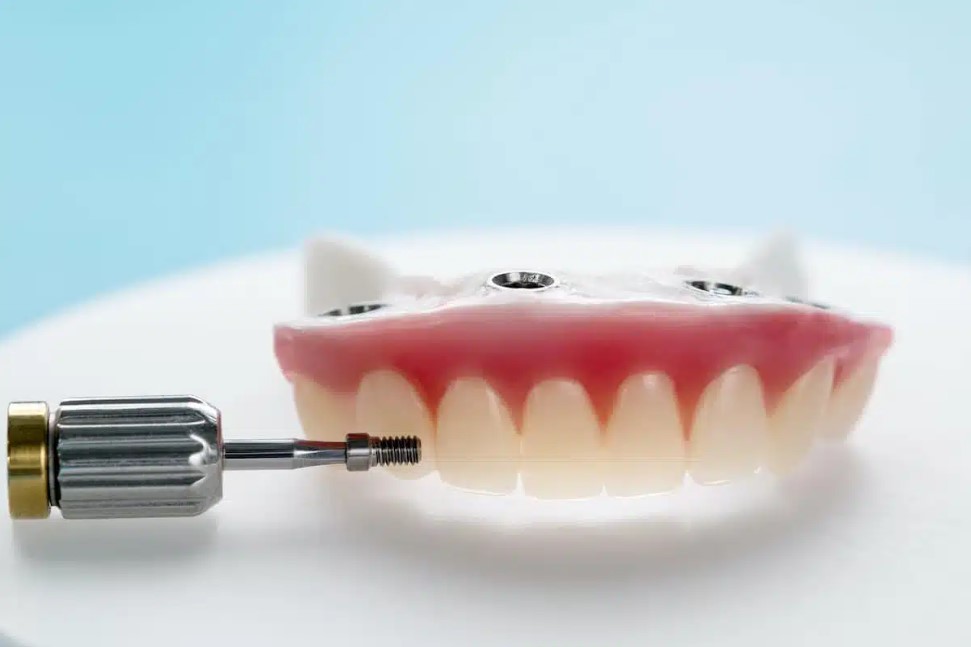Understanding Zygomatic Implants
Zygomatic implants are a specific kind of dental implant used to replace missing upper jaw missing teeth, especially in cases where low bone density makes standard implants impractical. The zygomatic bone, which is situated in the cheek region, is where these implants are fixed, giving dental prosthesis like bridges and dentures a strong base.
Factors Influencing Zygomatic Implant Cost
When considering zygomatic implant cost, several factors come into play, including:
- Implant Material: The total cost may vary depending on the kind of material used for the zygomatic implant. Because titanium implants are biocompatible and long-lasting, they are often utilized.
- Surgical Procedure: The complexity of the surgical procedure required to place zygomatic implants can impact the cost. Factors such as the need for bone grafting, sinus lift procedures, and anesthesia will affect the overall treatment cost.
- Number of Implants: The number of zygomatic implants needed to support the dental restoration will affect the total cost. In some cases, multiple implants may be required to achieve optimal stability and function.
- Diagnostic Imaging: Pre-operative diagnostic imaging, such as CT scans or 3D cone beam scans, may be necessary to assess bone quality and plan the implant placement accurately. The cost of these imaging studies may be included in the overall treatment cost.
Average Zygomatic Implant Cost
The cost of zygomatic implants can vary widely depending on the factors mentioned above and the geographic location of the dental practice. On average, the total cost of zygomatic implant treatment ranges from $15,000 to $30,000 per arch. This cost typically includes the following:
- Implant Placement: The surgical placement of zygomatic implants by an oral surgeon or periodontist.
- Dental Prosthetics: The fabrication and placement of the dental restoration, such as a fixed bridge or implant-supported denture, onto the zygomatic implants.
- Follow-up Visits: Post-operative appointments for monitoring healing and adjusting the prosthetic restoration as needed.
Additional Considerations
- Insurance Coverage: The amount that is covered by various dental insurance policies for zygomatic implant therapy varies greatly. To ascertain their eligibility for coverage, patients should speak with their insurance company.
- Financing Options: Many dental practices offer financing options or payment plans to help patients manage the cost of zygomatic implant treatment. Flexible payment arrangements can make this advanced dental procedure more accessible to patients.
Conclusion
In conclusion, zygomatic implants offer a reliable solution for individuals with significant bone loss in the upper jaw who are seeking to restore their smile and oral function. While the cost of zygomatic implant treatment may seem significant, the benefits of improved aesthetics, function, and quality of life are invaluable. Patients considering zygomatic implant treatment should consult with a qualified dental professional to discuss their options, including cost considerations and financing options, to achieve optimal oral health and well-being.

